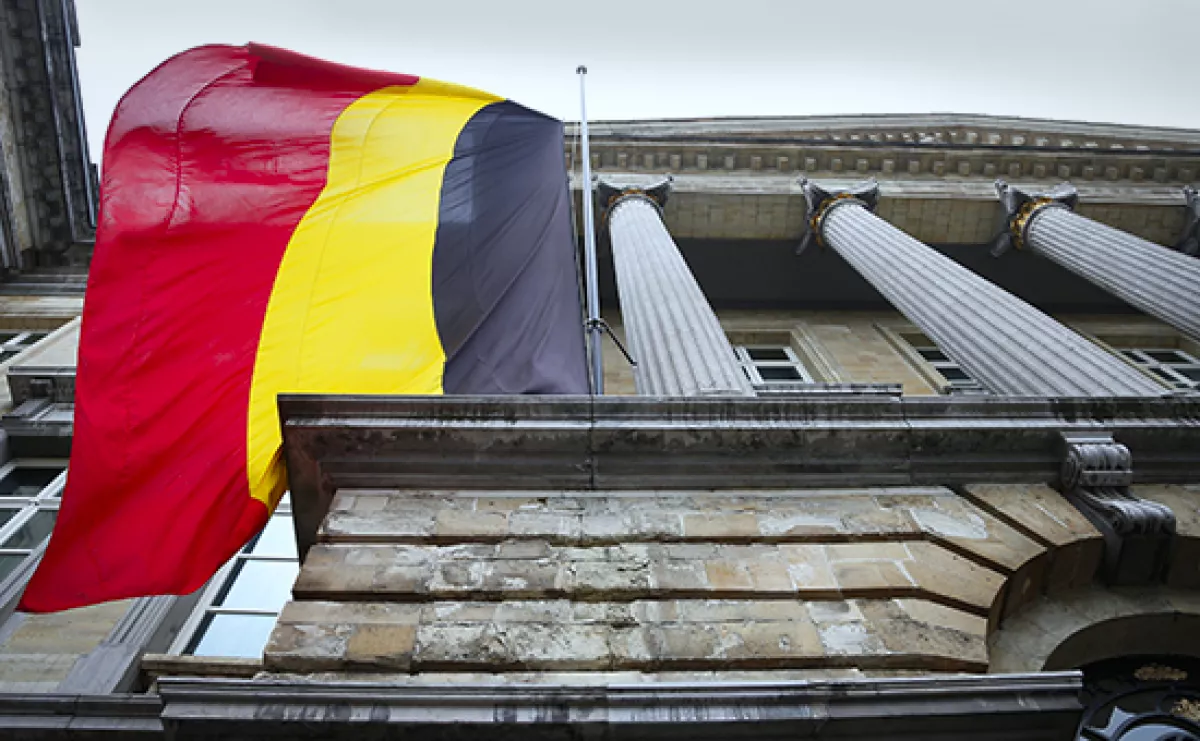Belgian Parliament’s anti-Azerbaijani resolution Who is sponsoring the provocation?
On July 17, the Belgian Chamber of Representatives adopted an anti-Azerbaijani resolution that openly demonstrates bias, political hypocrisy, and a desire to interfere in the internal affairs of the South Caucasus under the guise of “concern for human rights and support for peace.” The co-author of this “document” was the well-known Michel de Maegd — a figure who does not hide his loyalty to Armenia and antipathy towards Azerbaijan, a lover of blaming the country for every conceivable sin, including — attention! — “constantly introduces new preconditions.”

Such an approach is not just disinformation persistently fed to the Belgian and, more broadly, European public. It is a deliberate action aimed at undermining efforts to establish peace between Baku and Yerevan, even putting aside the fact that this resolution mistakes wishful thinking for reality: a peace treaty between Armenia and Azerbaijan has not yet been signed, which means discussing “violations of its terms” by either side is at the very least simply absurd.
Here, we remind the so-called “much-respected” body represented by the Belgian Chamber of Representatives that Yerevan has yet to fulfil the key condition for signing a peace treaty: no amendments have been made to the Armenian constitution. This is a crucial issue because the preamble of that constitution contains territorial claims against both Azerbaijan and Turkey.
Furthermore, the recent provocative resolution adopted by the Belgian parliament disregards fundamental principles of international law by ignoring the fact that Armenia occupied 20% of Azerbaijan’s internationally recognised territory for nearly three decades. During this period, Armenia blatantly violated four United Nations Security Council resolutions demanding the immediate and unconditional withdrawal of its forces.
Despite these facts, the Belgian parliamentarians persistently place blame on Azerbaijan — a country that has restored its territorial integrity fully within the framework of international law and has never attempted aggression beyond its borders. It is also overlooked that official Baku was the initiator of the peace treaty negotiations, while Armenia notably delayed its response to this constructive proposal from Azerbaijan.

However, this is far from the first time the Belgian parliament has adopted openly biased and provocative resolutions that violate the principles of objectivity. For instance, immediately after the Second Karabakh War, Belgian deputies adopted a document that effectively called for the recognition of the so-called “NKR” — an illegal entity unrecognized anywhere or by anyone, including Armenia itself. From a legal standpoint, Belgium effectively supported separatism at that time.
In the new resolution as well, Belgium, portraying Armenia as the “peace-loving party” open to negotiations, essentially distorts the facts. It is Azerbaijan that actively calls for signing a comprehensive peace agreement based on mutual recognition of territorial integrity, while Armenia, despite rhetoric about “openness,” consistently avoids concrete steps that could lead to peace.
It is clear, too, that the adoption of such resolutions is not without the influence of the Armenian diaspora, which has deeply embedded its poisonous roots in Europe, especially in Belgium and France.
The global Armenian community spares no effort, regularly running campaigns aimed at pressuring parliamentarians by using humanitarian and human rights pretexts to advance Armenian interests. Incidentally, the aforementioned Michel de Maegd, along with several other Belgian deputies, publicly interacts with representatives of Armenian organisations, often speaking at their forums and events.
The Armenian diaspora not only harms the peace process but also encourages revanchist sentiments within Armenia itself, where some politicians still indulge hopes of revising the results of the Second Karabakh War.

It is also perfectly clear that this resolution of the Belgian parliament is not a legally binding document — merely a paper puff — yet it projects inherently distorted political signals. Such statements discredit the EU’s efforts to maintain peace in the region and create a false sense of “punishability” of Azerbaijan, while the true reason for the absence of a final peace remains Armenia’s refusal to acknowledge its historical mistakes and its delay, by any means, in signing a peace agreement.
So, no matter how you look at it, this resolution is an outright provocation — a product of speculation and manipulation by figures like Michel de Maegd, a creation born out of the desire to gain political dividends (and perhaps more than just political ones), under the watchful eye and guidance of the Armenian diaspora.
But, despite all this fuss and convulsions of the global Armenian faction’s supporters, Azerbaijan will remain faithful to the principles of international law and will continue working towards signing a comprehensive peace agreement.








